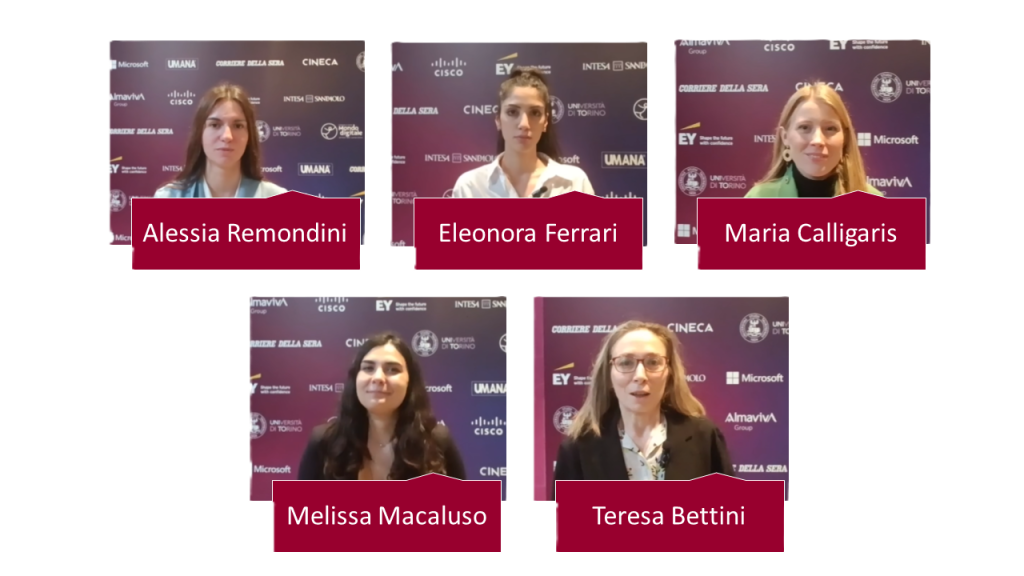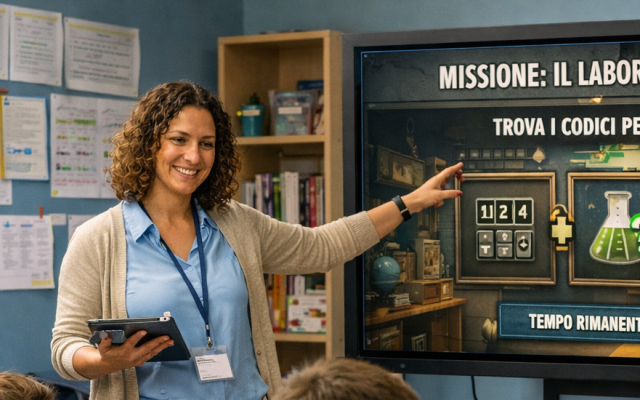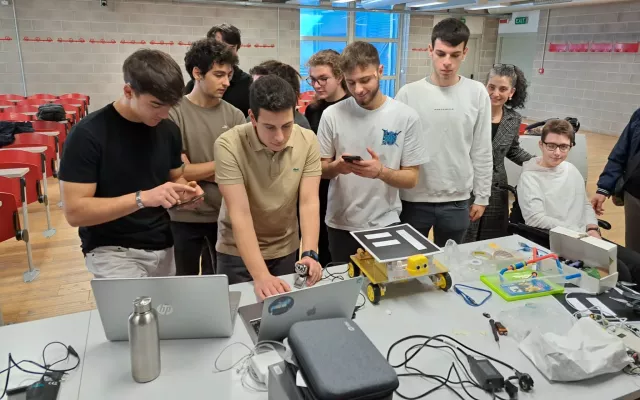AI and fashion: a multi-voiced debate at the Turin leg of DisclAImer
The fifth leg of the national tour DisclAImer. Last warnings before the revolution, promoted by Corriere della Sera in collaboration with Cineca and coordinated by Riccardo Luna, stopped in Turin last Friday, 7 November.
The event, hosted by the University of Turin in the Cavallerizza Reale, explored the relationship between artificial intelligence and the fashion industry, a sector undergoing profound transformation.
The day opened with the panel “AI and Fashion”, which brought together very different visions and expertise. Speakers included:
- Brunello Cucinelli, founder of the fashion house of the same name
- Maurizio Ferraris, philosopher and professor at UniTo
- Cristina Prandi, rector of the University of Turin
- Francesco Ubertini, president of Cineca
- Paola Pisano, professor of Economics and Innovation Management (UniTo)
- Massimiliano Caranzano, Cisco
- Anna Nasole, EY Parthenon
- Maria Raffaella Caprioglio, Umana
- Elisa Zambito Marsala, Intesa Sanpaolo
The debate offered a critical and pragmatic look at how AI is reshaping creative processes, design, production and the skills of the future. This challenge requires industrial vision, new professional skills and a deep integration between technology and creative culture.
The students' challenge: designing fashion with generative AI
In the afternoon, starting at 2 p.m., the challenge “The fashion of artificial intelligence” took place, organised with the scientific contribution of the Fondazione Mondo Digitale, knowledge partner of the tour: 35 students worked in teams to build a launch strategy dedicated to an innovative fashion product. From defining the product sheet to the brand narrative and the final presentation, the groups used generative AI tools to create:
- visual concepts
- digital content
- storytelling
- communication campaigns
A practical workshop that allowed students to connect creativity, strategy and emerging technologies. Paola Pisano (University of Turin) and Alessandro Galanti (EY Italy) also took part in the challenge, offering students a concrete understanding of the opportunities and limitations of AI in business processes.
‘The challenge promoted by EY took place in a very informal and stimulating atmosphere. The students had the opportunity to get to know each other, exchange ideas and pool their skills,’ says project officer Miriam Pintore. ‘I was thrilled to see how passionate they were about artificial intelligence. Although they come from technical and scientific backgrounds, they challenged themselves to apply AI to a field that was unfamiliar to them: fashion.
What I appreciated most, however, was the significant female presence. Seeing so many female students and researchers in STEM disciplines was truly valuable and encouraging.’

Turin as an AI ecosystem: research, application, enterprise
The Turin stage also provided an opportunity to highlight the role of the University of Turin as a national hub for research on artificial intelligence. The University of Turin oversees various levels of AI development:
- An interdisciplinary research platform with over 300 researchers from 27 departments.
- A departmental AI laboratory set up within the Department of Economics and Statistics, which is now expanding with new locations nationwide (Naples, Rome).
- Dedicated thematic courses exploring the impact of AI in fields such as art, food, sport and the cultural industry.
A significant factor is the strong focus on applied research, as explained by Professor Paola Pisano: “We do not limit ourselves to theoretical research: we also work on applied research. This means that, alongside researchers who study artificial intelligence from a scientific point of view, there is a concrete commitment to applying it. Where? In companies that collaborate with us or through the creation of start-ups. This is why many of our researchers also become entrepreneurs”. .
This vision fuels an ecosystem that connects research, businesses and new technology start-ups. One example is Diplomacy, a start-up that uses AI to analyse and predict international conflict dynamics.
Fashion, industry, technology: a bridge between creativity and innovation
From the world of luxury to technology companies, AI opens up scenarios that require hybrid skills, critical abilities and a new way of designing value. For the Fondazione Mondo Digitale, this means continuing to promote an ethical, inclusive approach geared towards skills development, serving young people, universities and local areas.



